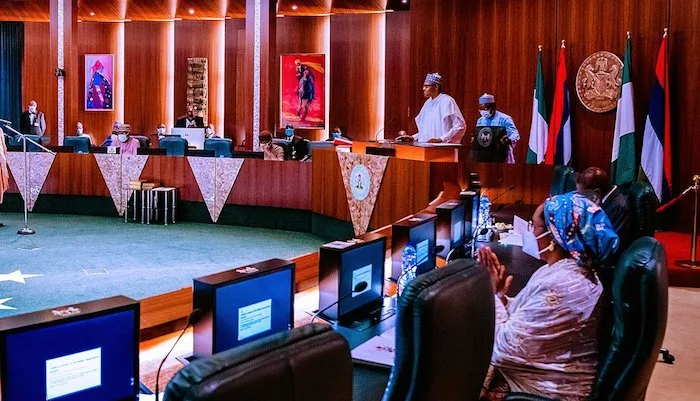The Federal Executive Council (FEC) has given its nod to the establishment of a consumer credit scheme and the extension of social security payments to graduates from the Nigerian Certificate in Education (NCE) level upwards.
This decision, reached at a FEC meeting chaired by President Tinubu, aims to address pressing economic challenges and provide support to vulnerable populations.
Bayo Onanuga, the President’s Adviser on Information and Strategy, announced the decisions on his official handle, highlighting the formation of a committee led by the Chief of Staff, Rt. Hon Femi Gbajabiamila, to oversee the implementation of these initiatives.
The committee comprises key stakeholders such as the Minister of Budget and Planning, Attorney-General of the Federation, and Minister of Finance.
In his statement, Onanuga emphasized the urgency of establishing the consumer credit scheme and extending social security payments, underscoring their significance in providing financial assistance and stability to individuals and households facing economic hardships.
Additionally, the FEC discussed other pivotal matters, including the extension of social security payments to vulnerable households with BVN or NIN, as well as the implementation of the Steve Oronsaye report.
This report aims to streamline the federal civil service, reduce governance costs, and enhance operational efficiency by eliminating duplicate MDAs and merging others.
The decision to extend social security coverage and implement measures to alleviate economic hardships reflects the government’s commitment to addressing the multifaceted challenges facing the nation, particularly amid soaring food prices and record-level inflation. The re-evaluation and restructuring of the cash transfer program underscore the administration’s dedication to transparency and effectiveness in delivering social welfare interventions to those in need.
As Nigeria grapples with the complex socio-economic landscape, these initiatives signal a concerted effort by the government to provide tangible support and relief to vulnerable populations while promoting economic stability and resilience.





